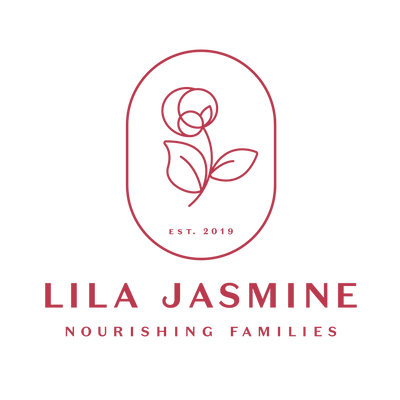I have a personal experience with these and therefore feel it's my duty that you know what they are too and how to treat them. A milk bleb, or blocked nipple pore, is also referred to as a nipple blister - this occurs when a tiny bit of skin overgrows a milk duct opening and solidified milk backs up behind it - boy do they hurt!
A milk bleb manifests as a painful white dot on the nipple or areola, you might notice something that looks like a pimple and the pain tends to be focused at that spot and just behind it peaking during a feed. The frustrating thing about milk blisters is that they're persistent, often coming back again and again and again.
The recommend treatment is:
- Do not pop the bleb - avoid attempting to pop or squeeze the bleb yourself as this can lead to infection or further complications.
- Warm compress - applying a warm, moist compress to the affected area before feeding can help soften the skin and promote drainage.
- Epsom salt soaks: soaking the nipple in warm water mixed with Epson salts for 10-15 minutes before feeding may help.
- Olive oil application - applying a small amount of olive oil to the nipple can soften the skin and may assist in resolving the bleb.
- Lecithin supplements - consider taking lecithin to prevent recurrent blockages.
- Keep feeding - continue to breastfeed as you normally would to help clear the blockage.
More on Lecithin:
Lecithin supplements according Dr Jack Newman who says that it may help with blocked ducts by decreasing the viscosity [stickiness] of the breast milk by increasing the percentage of polyunsaturated fatty acids in the milk. If you find that you're experiencing recurring blebs then 1200mg of a lecithin supplement could be helpful for you.
- 1 capsule, 3-4 times a day
- After 1-2 weeks without a milk bleb reduce to 1 capsule for a further 1-2 weeks
Note:
This information is intended to support, not replace the relationship between you and your healthcare provider. Always consult a healthcare professional for medical advice tailored to your situation.
Photo credit: one of our most loyal customers Rachel McIntyre captured by Black Robin Photography

